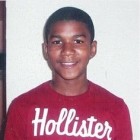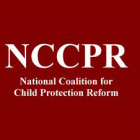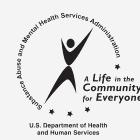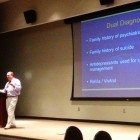
[UPDATED] Shooting of Unarmed Black Teen Raises Questions of Police Conduct in Orlando Suburb
|
UPDATE: A grand jury will hear evidence next month in the shooting, The New York Times Reported Tuesday. UPDATE: On Monday, March 19, the Federal Bureau of Investigation and Department of Justice opened an investigation into Martin's death, MSNBC reported. Questions of police conduct in a small Florida town have arisen following the shooting death of an unarmed black teenager by a white neighborhood watch captain. Trayvon Martin, a 17-year-old junior, was staying at the home of his father’s girlfriend in a gated community in Sanford, an Orlando suburb. According to an ABC News investigation, Martin was returning from the store with a bag of Skittles and an iced tea when he was confronted by George Zimmerman, 28.







